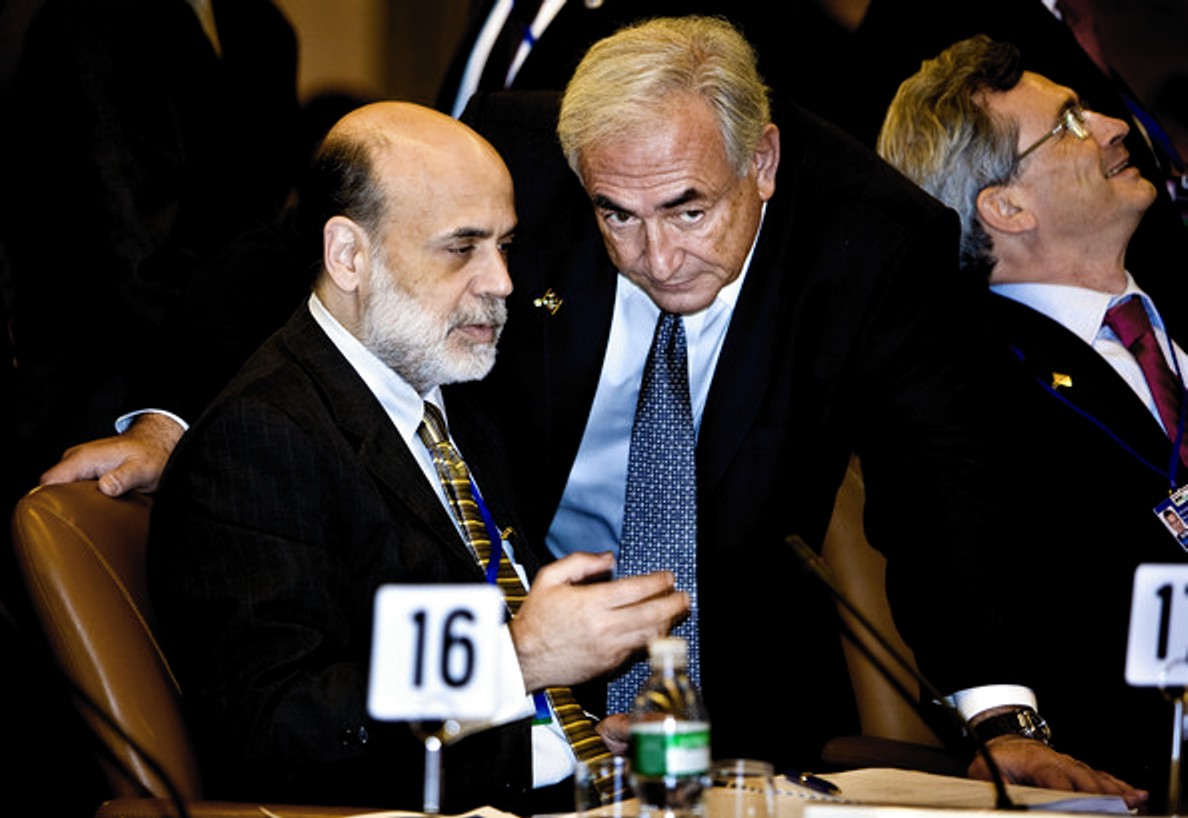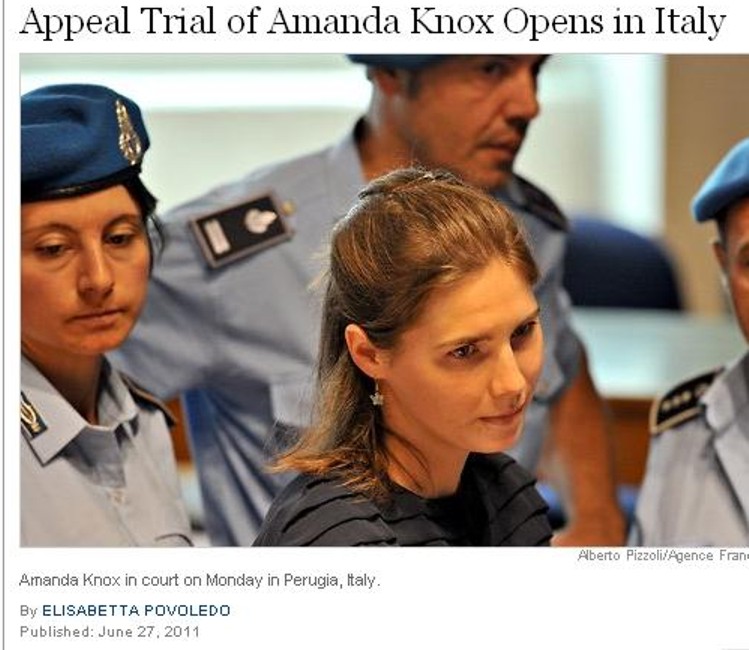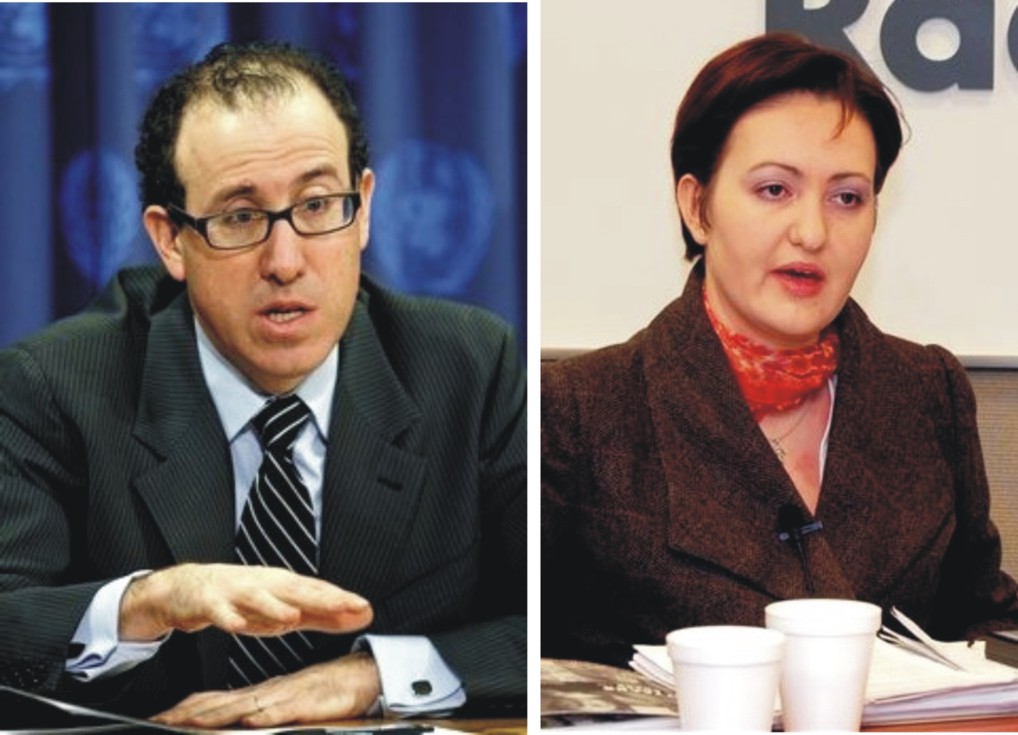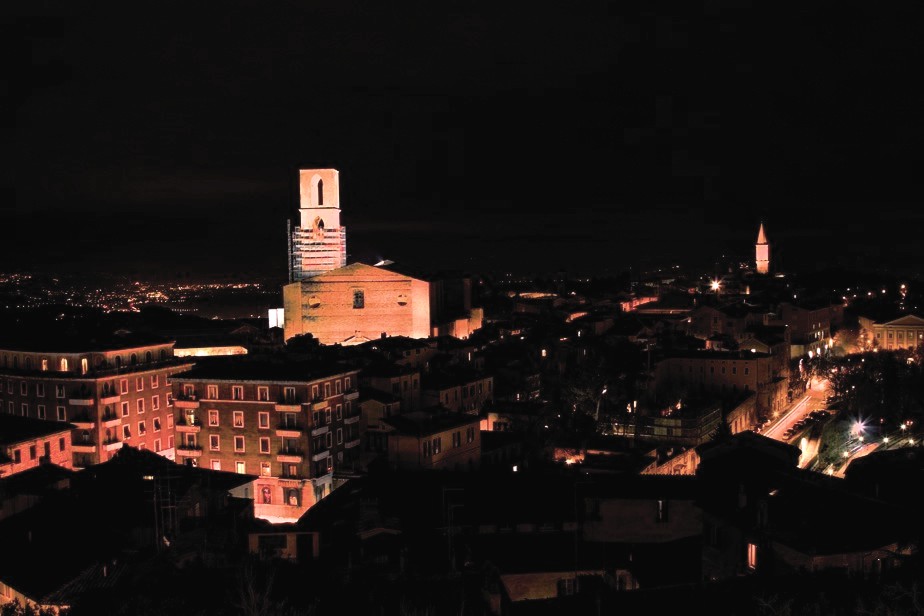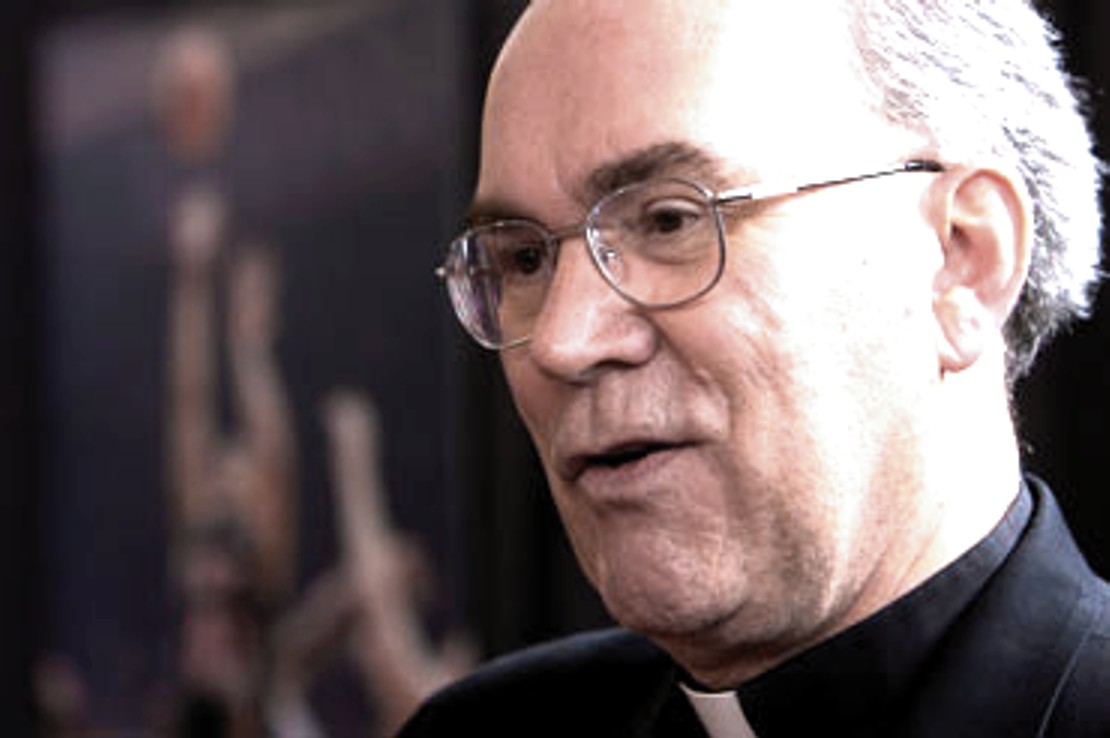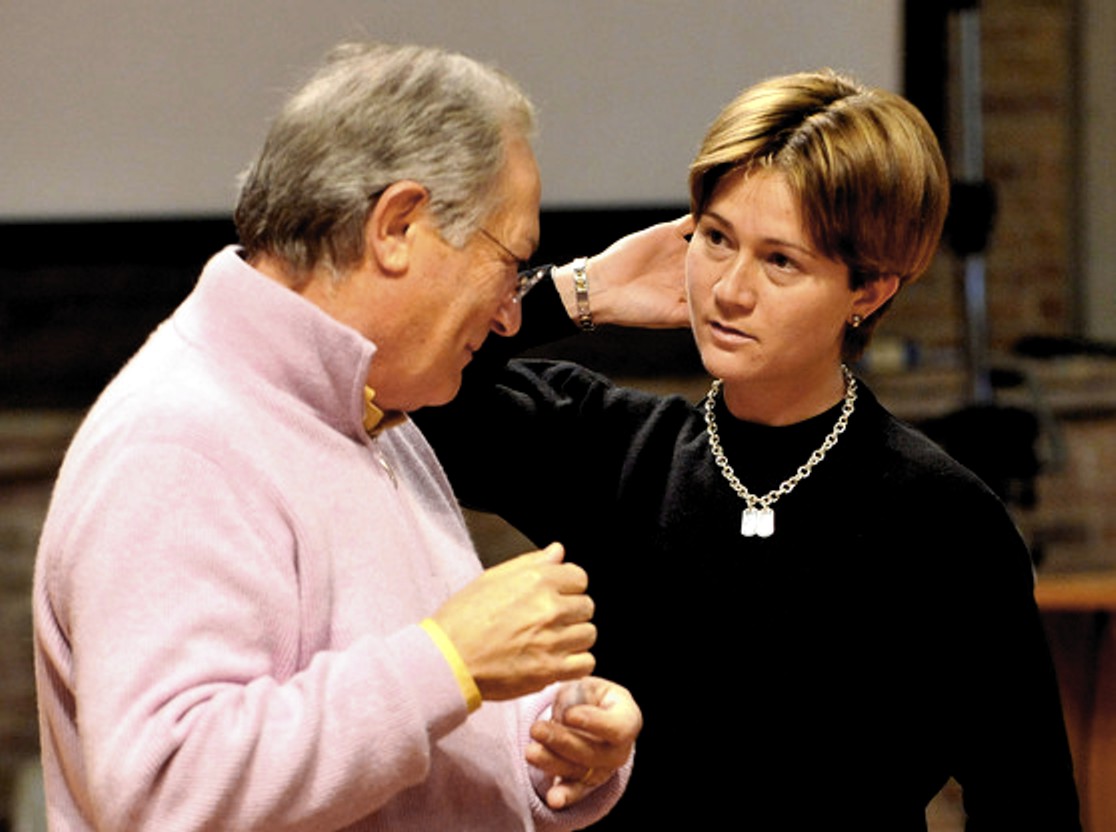
Category: The wider contexts
Friday, July 01, 2011
Now France Is Ticked At The American Main Media For Mindless Assumptions About Another Case
Posted by Peter Quennell
Above is the former French head of the IMF Dominique Strauss-Kahn with US Treasury Secretary Ben Bernanke.
The New York police were indeed hard on Mr Strauss-Kahn when an African maid in a hotel who is here on a work viza accused him of rape. He was paraded before the camera several times in handcuffs, and he spent time in New York city’s tough prison on Rikers Island.
But he did get to be released on bail, and the cautious police investigators did continue to dig.
Now they have announced that the maid in question is engaged to a major drug dealer, that huge sums have passed through her bank account, that she called someone several nights later to ask them how to play her claim for maximum gain, and that she lied repeatedly in her testimony to police.
Mr Strauss-Kahn is already having his bail conditions reduced to near-zero, and he is likely to be a free man later this month, and presumably then back in France as a popular hero.
Statements throughout by the New York police on the hard facts were in fact always fairly cautious but the media here really had a field day.
They ran new reports almost daily on what a monster this foreigner Mr Strauss-Kahn really is. A lot of the reporting seemed prissy and prudish, even by American media standards, but damage was indeed done. Mr Strauss-Kahn’s American and IMF friends backed off, and were refusing to be quoted in his support.
Though the US main media all knew who the accuser was they did not dig into her very questionable background at all. The police alone did all of that and the “responsible media” including the New York Times none at all.
No wonder that today the French sound ticked.
[Below: an ABC News report six weeks ago]
Monday, June 27, 2011
Today’s New York Times Headline: Why Most US Main Media Should Be Disbelieved And Ignored
Posted by Peter Quennell
But (1) this is an appeal, not a trial, and (2) the first session was back in November 2010. It stands uncorrected still. But (as Fly By Night observes in a comment) this weird correction appears down below.
Thursday, June 09, 2011
Italy Saw 43 Million Tourists Last Year And Every Year Increasing As A Popular Destination
Posted by Peter Quennell
Proportionate to its population, Italy is in the top two or three countries in the world both for most-visited and most-want-to-buy-property there.
There are good articles here and here about Perugia and the rest of Umbria. The image above is of the amazing Amalfi, a couple of hours to the south.
Seems like the wheels have really come off the boycott-Italy and the be-really-scared-of-visiting-there campaigns. As with the rest of the forever-slipping and increasingly ineffective Knox PR campaign, nobody anymore is paying attention.
Buona visita!
Tuesday, May 31, 2011
In Europe Human Rights Especially Privacy Trumping Web Defamers And Damaging Journalism
Posted by Peter Quennell
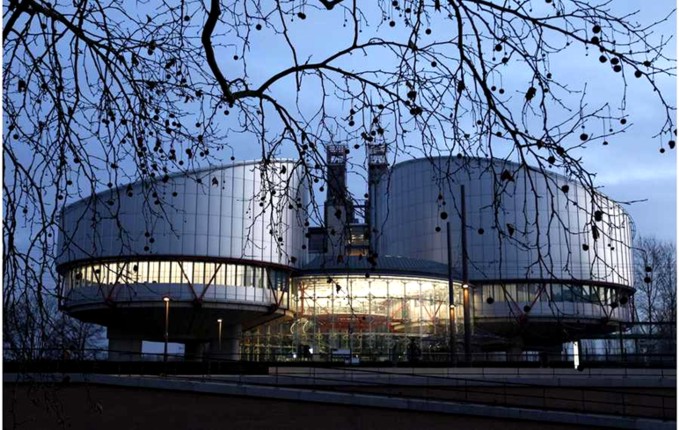
The legal lie of the land seems to be increasingly in favor of those in Italy and the UK and even the US being serially defamed by “Bruce Fisher” and others on the cynical pro-Knox bandwagon.
The European Community’s Parliament and the European Court of Human Rights (image above) are both situated in Strasbourg in north-east France. The ECHR was established in 1998 by the Council of Europe, not the EC, and it has 47 member governments including Russia.
It receives its basic guidance from the European Convention on Human Rights. Article 10 on freedom of expression and human rights reads as follows:
1. Everyone has the right to freedom of expression. This right shall include freedom to hold opinions and to receive and impart information and ideas without interference by public authority and regardless of frontiers. This article shall not prevent States from requiring the licensing of broadcasting, television or cinema enterprises.
2. The exercise of these freedoms, since it carries with it duties and responsibilities, may be subject to such formalities, conditions, restrictions or penalties as are prescribed by law and are necessary in a democratic society, in the interests of national security, territorial integrity or public safety, for the prevention of disorder or crime, for the protection of health or morals, for the protection of the reputation or rights of others, for preventing the disclosure of information received in confidence, or for maintaining the authority and impartiality of the judiciary.
Note the real strength of that second paragraph. While free speech is generally favored, it will not be protected if it is unfairly damaging to individuals or anarchic to the functions of courts and the governments.
With the pervasive spread of the internet, and the huge potential now for damage to be done globally, the ECHR generally mirrors national courts ruling in favor of those individuals who had been defamed and damaged by unfounded claims by journalists and internet posters.
Many member governments now have firmer human rights legislation either in place or in the pipeline, and the right to personal privacy and protection on matters that do not affect the public good is invariably a strong part of that new legislation.
Here is Julius Melnitzer of Canada’s National Post explaining, in the context of one case in which the ECHR did rule against a national court, that this is not the main trend being observed (emphasis added).
The European Court of Human Rights ruled on Tuesday that British reporters and journalists need not contact the subjects of potentially defamatory stories before publication to protect people’s privacy.
But the decision isn’t likely to quell the potential for litigation against individuals and businesses arising from online publication of statements that negatively impact reputations.
That’s partly because the law of defamation and the law of privacy are quietly blending, all to the advantage of victims, particularly celebrities, who have been defamed or have had their privacy invaded….
“There’s clearly an increasing overlap between the law of defamation and the law of privacy,” says Michael Smith, who practices defamation law at the Toronto office of Borden Ladner Gervais LLP. “Individual social media users should be concerned, but employers face even greater risk because each time an employee posts a negative comment online while at work, or from a work asset such as a laptop or smartphone, the employer is exposed to liability.”...
It’s not just negative comments, but unduly intrusive ones, that can attract liability. While the mere fact that something is true and not malicious may prove a defence to defamation, victims can base their case on an invasion of privacy so long as there is no public interest in reporting the subject matter of their claim.
It’s not that Canada has seen a host of such social media-related suits. “But Canadians spend more time online than any other nationality, which means it’s only a matter of time before we start seeing these types of cases,” Mr. Smith says. “People are thinking less about they’re writing, and they’re firing off knee-jerk reaction missives without a sober second thought.”
As well, high-profile cases like the one involving Mr. Mosley and the extensive publicity afforded rocker Courtney Love’s recent payment of US$430,000 to settle a suit over defamatory remarks she made on Twitter means that awareness of victims’ rights will grow.
“And that’s when we’re likely to see an influx of defamation cases related to social media,” Mr. Smith says. Many, of course, will be small cases, of the mom and pop variety. But the upside on liability is huge.
“As the courts have noted, defamation or breach of privacy on the Internet can amount to permanent, worldwide damage to reputation,” Mr. Smith says.
Smart move of Knox’s and Sollecito’s parents to be far more restrained now in their public comments these days, especially as all of them will face their own day in court. Perhaps those driving the Knox bandwagon should do likewise.
Maybe first stop inventing approximately 100% of their “facts” and scrub their internet postings clean.
Thursday, May 19, 2011
Andrea Vogt Obtains New Rome Embassy Cables From State, Still Showing Zero Concern About Knox
Posted by True North
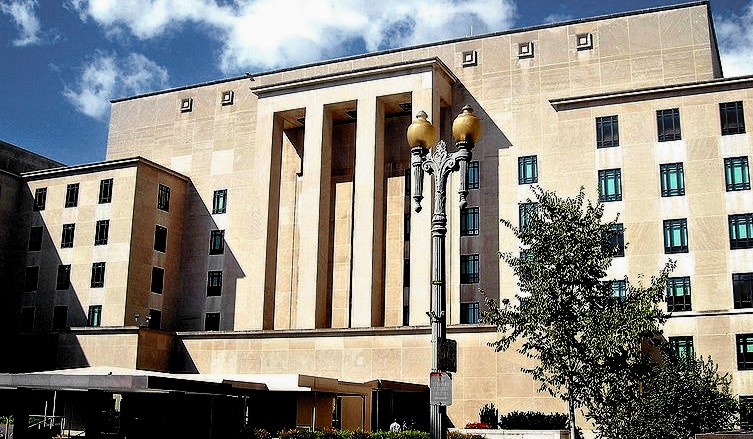
The State Department released seven cables a year ago. Click image above for details of the further release.
They were obtained under the Freedom of Information Act. These now provide a complete overview. The new cables are as bland and routine and unconcerned about Amanda Knox as ever.
There was no smoking gun among them, as the Knox PR campaign had so very much hoped for. The State Department will never move on this case based on how Italy handled it.
Remarkably, the increasingly bitter loser “Bruce Fisher” actually draws attention to the Knox PR campaign’s big disappointing loss with these bland new cables showing Italy has handled the case just fine in the Embassy’s eyes.
The poster of the first seven cables, History Buff, had hoped they would show the Rome Embassy was really concerned about Amanda Knox’s trial and sentence. No such luck. He seems to have hidden those cables now.
You can still read them here
Thursday, May 12, 2011
It Looks Like Joel Simon And Nina Ognianova May Have Been Set Up In Their New Attack On Mignini
Posted by Peter Quennell
Kermit below lists all the open questions about the claimed closing of Perugia Shock on a judical order that CPJ did’t seem to have bothered to ask.
Now a new Perugia Shock is up and running in a test phase with a simple change in the host and different free software.
NO WAY that site would be going live if a judge in Florence had said to shut it down. Or if Frank’s legal troubles were because of it. Or if Mignini really were gunning for him.
It looks like all the Google Blogger hullaballoo yesterday was to simply set CPJ up for another anti-Mignini attack, and to add to Frank’s martyrdom and jump his usually very small audience.
The website tracker Whois is showing that the domain name PerugiaShock[dot]com was registered by proxy only yesterday 11 May.
Registered through: Automattic
Domain Name: PERUGIASHOCK.COM
Created on: 11-May-11
Expires on: 11-May-12
Last Updated on: 11-May-11Administrative Contact:
Private, Registration PERUGIASHOCK.COM]at]domainsbyproxy.com
Domains by Proxy, Inc.
DomainsByProxy.com
15111 N. Hayden Rd., Ste 160, PMB 353
Scottsdale, Arizona 85260
United States
(480) 624-2599 Fax—(480) 624-2598
We are familiar with sites registered via Domains By Proxy.
The FOA sites amandadefensefund.org and Friendsofamanda.org were both registered by proxy there. At a guess, Frank’s new site is being created right now by a current temporary resident of Perugia who is an American computer specialist and a relative of Aamda Knox. There is some evidence of his developing the whole FOA network for the Marriott PR operation..
Very tough situation for CPJ now having stuck their necks out so far.
Their new claims against Mignini quoted by Kermit below would seem to go way too far. Is another semi-partial retraction, on their obscure corporate CPJ blog, now in the works?
Monday, May 02, 2011
Could One Good Outcome Of This Sad Case Be That Italy Sees Less Foreign Student Druggies?
Posted by Our Main Posters

[Above: the city of Florence north of Perugia where there have been several drug-driven murders]
Chicago’s Loyola University has just done a survey of American students to see if Amanda Knox’s experience in Italy could be offputting.
Quite a few respondents said that it could. Anti-Italianism does have some traction.
But if you look closely at the poll, it didn’t ask all of the right questions. The availability and effect of drugs was not included as a factor that might attract students to Italy.
American student buzz had long been that if you want to seriously party in your study year in Europe, Italy was an easy and safe place for drugs, and Perugia especially so.
But then Amanda Knox was widely reported as admitting to drugs on the night that Meredith died. And there have been other recent high-profile murders in Italy, also involving Americans on drugs.
One direct result is that there has been some high-profile tightening up on drugs lately in Italian universities.
The message has been beamed at American students that you can now get into serious trouble if you mess with drugs - and you may get no sympathy at the American Embassy.
Precisely as the Italians intended, this could be turning a proportion of prospective students off.
Tuesday, April 05, 2011
The Precise And Accurate Italian Wikipedia Article On Meredith’s Case, Now Translated Into English
Posted by Tom M and Skeptical Bystander
A recent post on TJMK by Gwaendar refers to Wikipedia and the current effort by the Fictitious Friends of Amanda to make her the focus of an article that has so far been devoted to the Murder of Meredith Kercher.
The Eclectic Chapbook blog often comments on the case. It has called this effort “tragically misguided and possibly somewhat demented,” describing it as an instance of “the Enchanted Glen Phenomenon, which is a psychological space wherein normal laws do not apply and all rules are magically suspended. “
We have now examined and translated the Italian Wikipedia article which was written in a space where the normal laws certainly are applied and no rules have been suspended.
The main reporting and the voluminous records of the trial and the appeal are of course all in Italian, and Italians on the whole have a far better grasp of events and the legal context than do most observers in the US and the UK. Because there is so much source material, and so little misleading reporting, it would seem that If any Wikipedia in any language in the world is going to describe the case correctly, it will be the Italian one.
This translation below of most of the Italian Wikipedia article is not word-for-word, but it is intended to convey the substance of the Italian article as it would have been if originally written in English.
The index, the sections on books and movie, and the citations were omitted.
The murder of Meredith Kercher, an English student in Italy enrolled in the Erasmus program at the University of Perugia, occurred during the night of November 1, 2007. Meredith was found lifeless, with her throat cut, in her bedroom in the house she shared with other students in Perugia. The cause of death was hemorrhage due to bleeding from a wound to the neck caused by a sharp object used as a weapon.
Two men and a woman were convicted as a result, of murder, sexual violence and theft.
Biography
Meredith Susanna Cara Kercher was born December 28, 1985 in Southwark, London, lived in Coulsdon, and was a student at the University of Leeds, where she was pursuing a degree in European Studies. She enrolled in the Erasmus program, and had arrived in Italy in September 2007 to complete her degree in European Studies.
Details and circumstances of the murder
Kercher was murdered at night between 1 and 2 November 2007, in the apartment she shared with three other young women, two Italian and an American, who were away that night. Based on the first examination of the autopsy, the pathologist who handled the case ruled that the death occurred between 22:00 and midnight on that day.
The following morning an elderly woman living near Via della Pergola where Meredith’s body was found, alarmed by the discovery of two abandoned mobile phones, called the police. From information obtained from one of two mobile phones the Postal Police of Perugia sent agents to the house of Meredith Kercher. On their arrival the police found Amanda Knox (Seattle, USA, July 9, 1987), Meredith Kercher’s flatmate, and her Italian friend, Raffaele Sollecito (Giovinazzo, March 26, 1984), with whom she had recently started a relationship, outside the house.
The two young people said they were awaiting the arrival of the police; when asked why, they said they had found a window broken, the door open, and suspected a theft. Later, these claims were questioned by investigators, given that the Police Post arrived at the house on Via della Pergola at 12:35 and telephone calls to the Police were not made not until 12:51 and 12:54. Entering, the Police found the bedroom of Meredith Kercher locked and decided to break down the door. Upon entering, they found a number of bloodstains, the room in disarray, and a foot sticking out from under the duvet which had covered the bed.
The Convicted:
The three convicted at the first stage are:
- Raffaele Sollecito, who was born in Giovinazzo (BA), a university student of 23 years at the time of the murder;
- Amanda Knox, a student originally from Seattle, U.S., 20, who had a relationship with Sollecito at the time of the crime;
- Rudy Hermann Guede, born December 26, 1986 in the Ivory Coast, was arrested in Germany on November 20 and extradited to Italy on December 6, 2007. At his lawyers’ request, Guede received from the court at a preliminary hearing an order granting expedited trial.
Knox and Guede were detained in Capanne prison, a 20-minute drive from Perugia. Sollecito, after also being held in Capanne, was transferred in early 2008 to the Vocabolo Sabbione prison in Terni.
The case also, initially, erroneously involved Patrick Lumumba, owner of the restaurant where Amanda Knox worked; her statement placed him at the crime scene on the night of the crime. The charges were later proved unfounded and demonstrated the unreliability of Knox as a witness. Implicating the Congolese man was also an incorrect translation of a text message sent to him in English by Knox (‘see you later’, which rather than a generic “Ci vidiamo,” was translated literally as “we will see each other later”[“ci vidiamo dopo”].
Thus, police thought that the two had an appointment for the evening of the crime). Patrick Lumumba was ultimately released and all charges against him were dropped. Following the unjust detention lasting 14 days, Lumumba was awarded € 8000 as compensation, but this was deemed inadequate by his lawyer, who threatened to sue.
The Sentences
Knox, Sollecito and Guede were sentenced respectively to 26, 25 and 16 years in prison. Rudi Hermann Guede opted for an abbreviated trial and his conviction for complicity in murder and sexual violence was made final by the Court of Cassation, First Criminal Division, on December 16, 2010. For the other two participants, the case is on appeal. The decisions reconstruct in detail the manner and circumstances of the murder, a motive defined “violent, sexual, erotic.”
The conviction in the first trial of Sollecito and Knox, issued by the Court of Assizes of Perugia, is based on numerous expert opinions, objective evidence and testimony.
According to the reconstruction regarding Knox and Sollecito, on the evening of November 1, 2007, they met in piazza Grimana, where they had occasionally met Guede, an acquaintance of Knox, who decided to join them for the evening. They decided to go to Knox’s house, to which her roommate Meredith Kercher, after an evening with her English friends, had just returned. Kercher’s bedroom door was presumably ajar, and upon entering the house the three defendants immediately noticed her presence.
Going directly to another part of the house, Knox and Sollecito made love. Guede, shortly after, went to the bathroom, where he left organic residues in the water of the toilet, as found in the investigation. According to the reconstruction, Guede left the bathroom, probably excited by the sounds of Sollecito and Knox making love, noted again the door ajar at Kercher’s room, and decided to approach. Then he entered Kercher’s room; but after her refusal, he became violent, attempting to rape her.
Kercher’s cries led Knox and Sollecito to go to her room, where they joined Guede’s criminal action, finding it an “exciting situation.” While the Guede violated Kercher, Knox and Sollecito tried to immobilize her: to do this Sollecito and Knox wielded knives to threaten the victim. The analysis shows that the knife wounds by Sollecito were probably quite small, while Knox wielded a kitchen knife, later found, and on which were found genetic traces of her mixed with those of Kercher.
The situation then deteriorated, partly because of the screams and resistance of Kercher: Knox then, with the kitchen knife, struck the victim in the neck, causing fatal injuries. The three defendants, shortly after the murder, fled with Kercher’s phones, fearing that if someone called her and got no response, they would be suspicious and the crime would be discovered: the cell phone was ultimately found in an embankment a few hundred meters from Kercher’s house.
Then they headed in different directions: Guede to a nightclub, Knox and Sollecito to the latter’s flat. The next morning Knox and Sollecito tried to clean up the crime scene and clean up their tracks; then they broke a window in the house to stage a mock burglary, hoping to throw the investigation off course.
Guede’s Supposed Confession
In March 2010 rumors spread of an alleged confession by Rudy Guede. The facts are as follows: it seems that Guede had revealed his complicity, with a friend, in killing Kercher, to Mario Alessi, an inmate housed in the same prison, a character already known to police and media for the murder of little Tommaso Onofri, Guede had invited Kercher to go to a party, she refused, and subsequently the friend of Guede tried to rape her. According to Alessi, Guede tried to come to Kercher’s aid, and Guede’s friend rebuked him, saying that he should just strike the final blow to end the girl’s misery, which is what Guede did.
Then Guede and his friend met again by chance in a nightclub, and Guede’s friend gave him money to flee to Germany, where he was at the time of the extradition and return to Italy for arrest. This reconstruction, which would completely exonerate Knox and Sollecito, was found by investigators to be totally unfounded.
Monday, April 04, 2011
Today An Obsessional Group Rant About “No Evidence” By A Stacked Panel At Seattle University?!
Posted by Peter Quennell
Seattle University is a small Jesuit college just this side of Seattle’s downtown.
Today at 4:00 pm in the Pigott Auditorium, in what seems to us a seriously dopey and un-academic exercise, some of the most obsessed of the conspiracy theorists will assemble to peddle their illusions.
Two of the panelists, Paul Ciolino and Steve Moore, have been exhaustively debunked on TJMK in the past, and sooner or later we will probably turn our attention to debunking the other two: Mark Waterbury, and Candace Dempsey.
Our posts on the hotheaded faux detective Paul Ciolino are here, here, and here, and our posts on the hotheaded faux FBI murder investigator Steve Moore are here, here, here, and here.
The other two panelists, Mark Waterbury and Candace Dempsey, have authored slow-selling books which studiously ignore 95 percent of the evidence and mis-state the other 5 percent. Tom Wright of the Friends of Amanda Knox group will be presiding.
Would you like to attend, well-equipped with some questions? Ask these questions and these questions and these questions. Around 400 in all. Any reports would be appreciated.
Below: Seattle University President Father Steve Sundborg. Does he know what his film department is getting up to?
Monday, March 28, 2011
The Sollecito Family Criminal Trial And Civil Trial For Leaking Evidence Will Both Start On 29 April
Posted by Peter Quennell
The Sollecito family face charges for releasing an evidence video to the Bari TV station Telenorba showing Meredith’s body unclothed.
Also for attempting to influence some politicians to get some cops investigating the case moved on. Several Telenorba TV Bari staff-members will also also face charges. The trial was postponed five weeks ago as the judge was still on another case.
It is now reported in Italy by the news service Adnkronos that at today’s brief hearing a Kercher family civil suit against the Sollecitos for this disrespecting of Meredith will run in parallel.
The Sollecito defense team want to dispute the Perugia court’s jursidiction as the alleged crimes took place in Bari and Rome. That seems unlikely to fly as the evidence leaked was taken from Perugia.
The next court date for the Sollecito family will be Friday 29 April.

